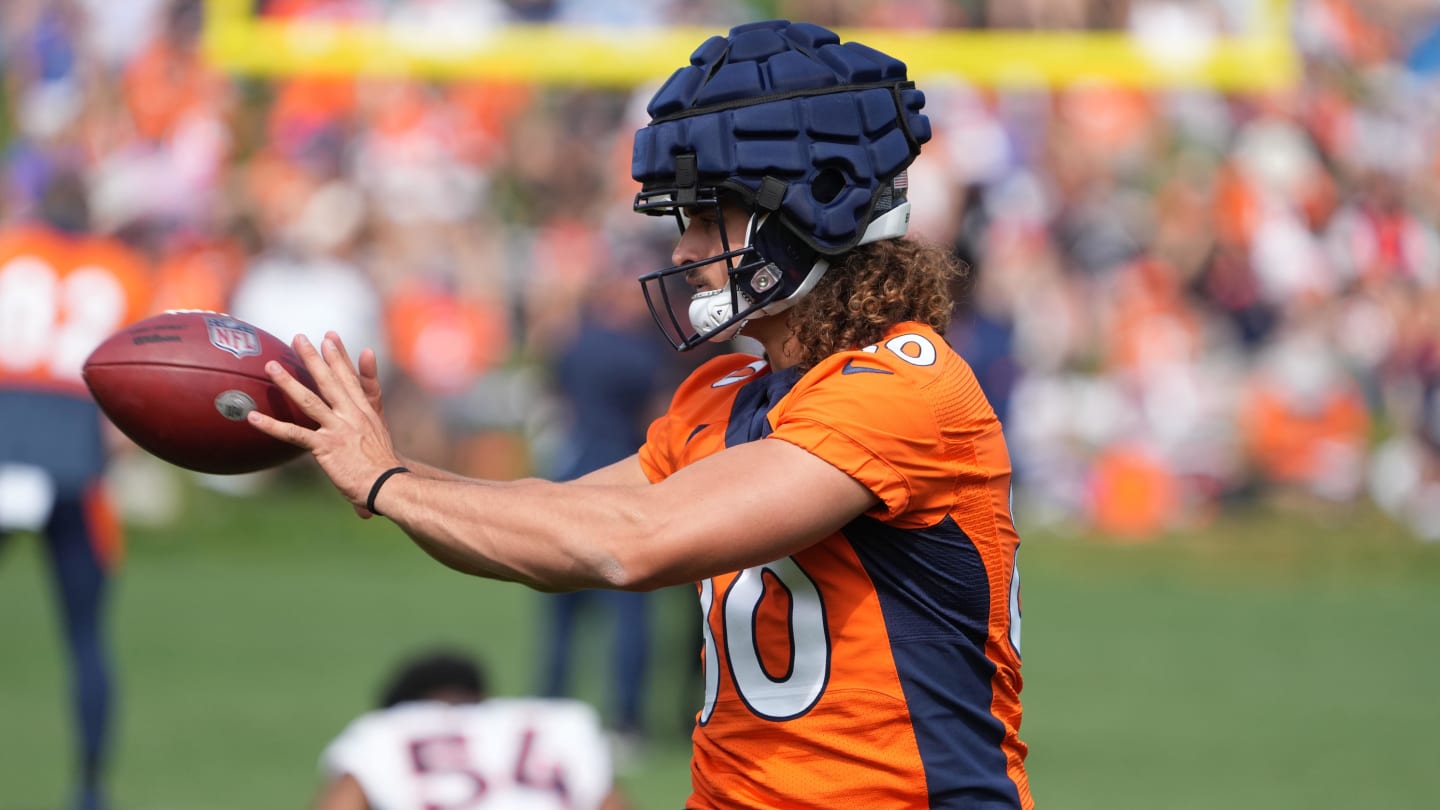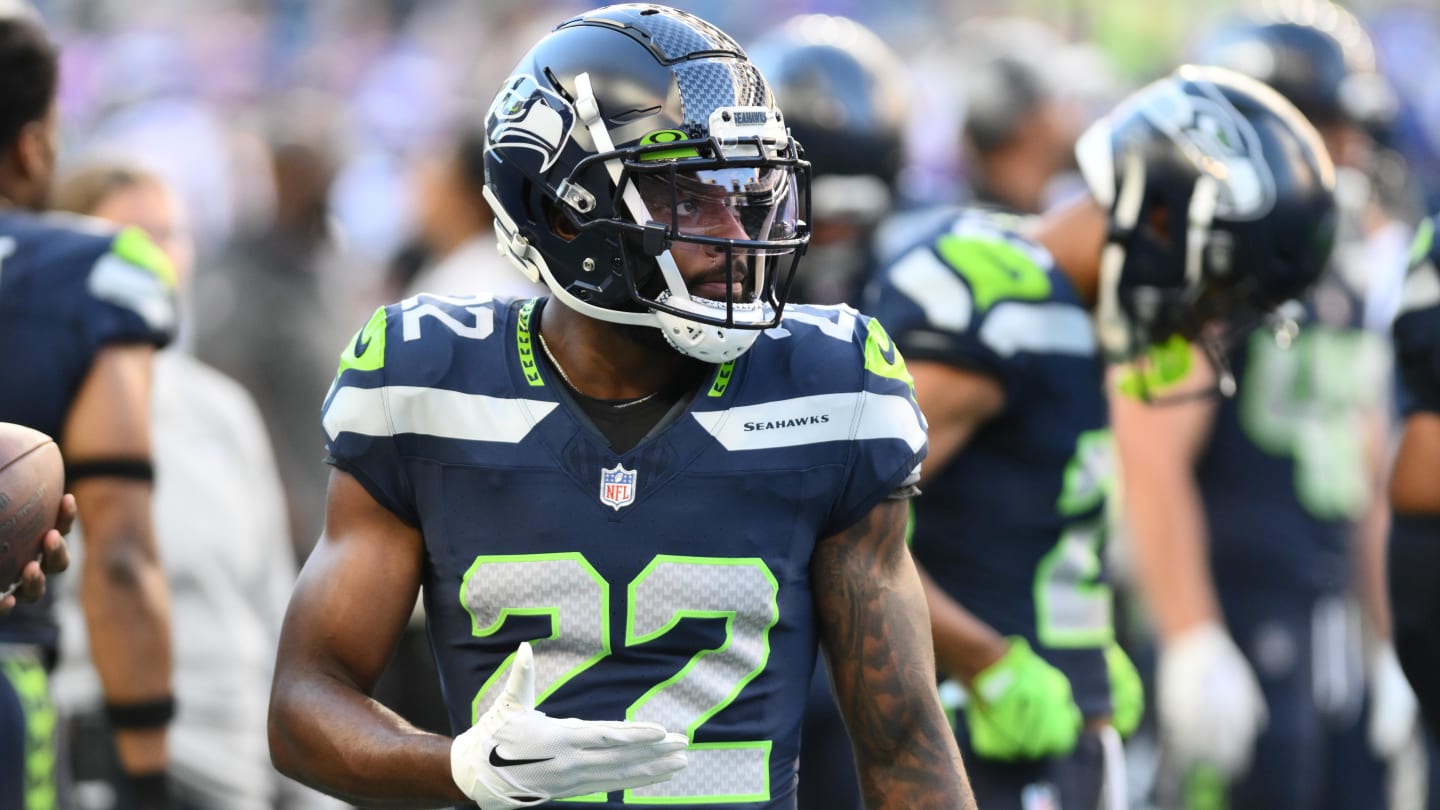Donald Trump and the New York attorney-general are squaring off over how big of a bond the former US president must put up as he appeals a massive judgment of more than $450mn in a civil fraud trial earlier this month.
In a filing with an appeals court earlier on Wednesday, lawyers for Trump said the financial penalty levied against him and his businesses after they were found liable for widespread fraud was “absurd” and “grossly disproportionate”.
They said their client was unable to post the full sum necessary to delay enforcement of the judgment, which includes prejudgment interest, and offered instead to put up a bond worth $100mn.
“The exorbitant and punitive amount of the judgment . . . would make it
impossible to secure and post a complete bond,” Trump’s lawyers wrote.
The New York attorney-general’s office, which brought the claim, in
turn asked the appellate division to force Trump to post the full
amount, arguing that the former president had all but admitted that he
has “insufficient liquid assets to satisfy the judgment”.
They pointed out that Trump had other “significant liabilities”,
including an outstanding judgment of $83mn in a case brought by E
Jean Carroll, the writer whom a New York jury found last month had been defamed by him. A different jury in a related case had previously ordered Trump to pay Carroll $5mn.
A decision from the appeals court could come as soon as Wednesday.
The battle has underlined the financial burden that the legal judgments have imposed on Trump, a billionaire who made his fortune in real estate and is mounting a costly campaign for a second term as president even while he battles other court cases around the country.
Even if a defendant appeals, which Trump has done, state courts in New York typically require the posting of cash or a surety bond to avoid having his assets seized. The bond is akin to a bank guarantee or line of credit. It carries an upfront premium of 0.5 per cent to 3 per cent, and whoever provides it would demand collateral in exchange — perhaps as much as 100 per cent.
Trump’s legal team said in the filings on Wednesday that such a bond would cost the former president more than $550mn in total.
Given the sums at stake, Trump would have to turn to one of a handful of large insurers. Before underwriting it, they would have to weigh the risks of lending money to a developer with a long record of bankruptcies and unpaid bills — not to mention the attendant publicity.
“This obligation is going to be a tough one,” said one surety bond broker. “You don’t just walk in and ask for a bond.”
As with the fraud trial, a crucial question will be just how much money Trump actually has on hand. In a deposition for that trial, he said last year he had “substantially in excess” of $400mn in cash.
But the Trump Organization is a private company, and it is almost impossible to verify his claims.
While the appellate division could grant Trump’s request to halt enforcement of the judgment without demanding the full amount, “my guess is given the magnitude of this case, that an appellate court is not going to playing games”, a former appellate judge said.
If Trump cannot pay, Letitia James, the New York attorney-general who filed the fraud suit, has already warned that she would seek to seize his properties, telling ABC News in a recent interview: “I look at 40 Wall Street [a Trump building] every day.”
But as a source of collateral, the Trump property empire may be less valuable than it seems. Beginning in the 1990s, Trump switched from building and owning properties, as his father Fred had done, to licensing the Trump name for a fee, instead.
Those properties the family still control are suffering the same plagues of rising interest rates and remote working that are afflicting the rest of the commercial real estate industry.
One of the Trump Organization’s top properties, for example, is the office tower at 40 Wall Street. Trump also owns a minority share of another Manhattan office tower, 1290 Avenue of the Americas. The majority owner is Vornado.
Adam Leitman Bailey, a New York real estate lawyer, noted that many Trump properties carried mortgages. Among them is the iconic Trump Tower, where Trump famously announced his presidential campaign in 2015. It has a $100mn mortgage. “I’m not sure how much equity he will have left to get the collateral,” Leitman Bailey said.
There is also Mar-a-Lago, Trump’s club in Palm Beach, Florida. During the trial, a witness testifying for him pegged its value at more than $1bn — although others dispute this, citing deed restrictions. Parting with it would carry a psychic cost. “That’s his Rosebud,” Leitman Bailey said, referencing the film Citizen Kane.
Another option would be to have a wealthy friend, a pro-Trump political action committee or even the Republican National Committee step in to defray the bond. So far, however, neither a Trump Pac nor the Republican party has nearly enough cash to pay it off.
Additional reporting by Alex Rogers





























